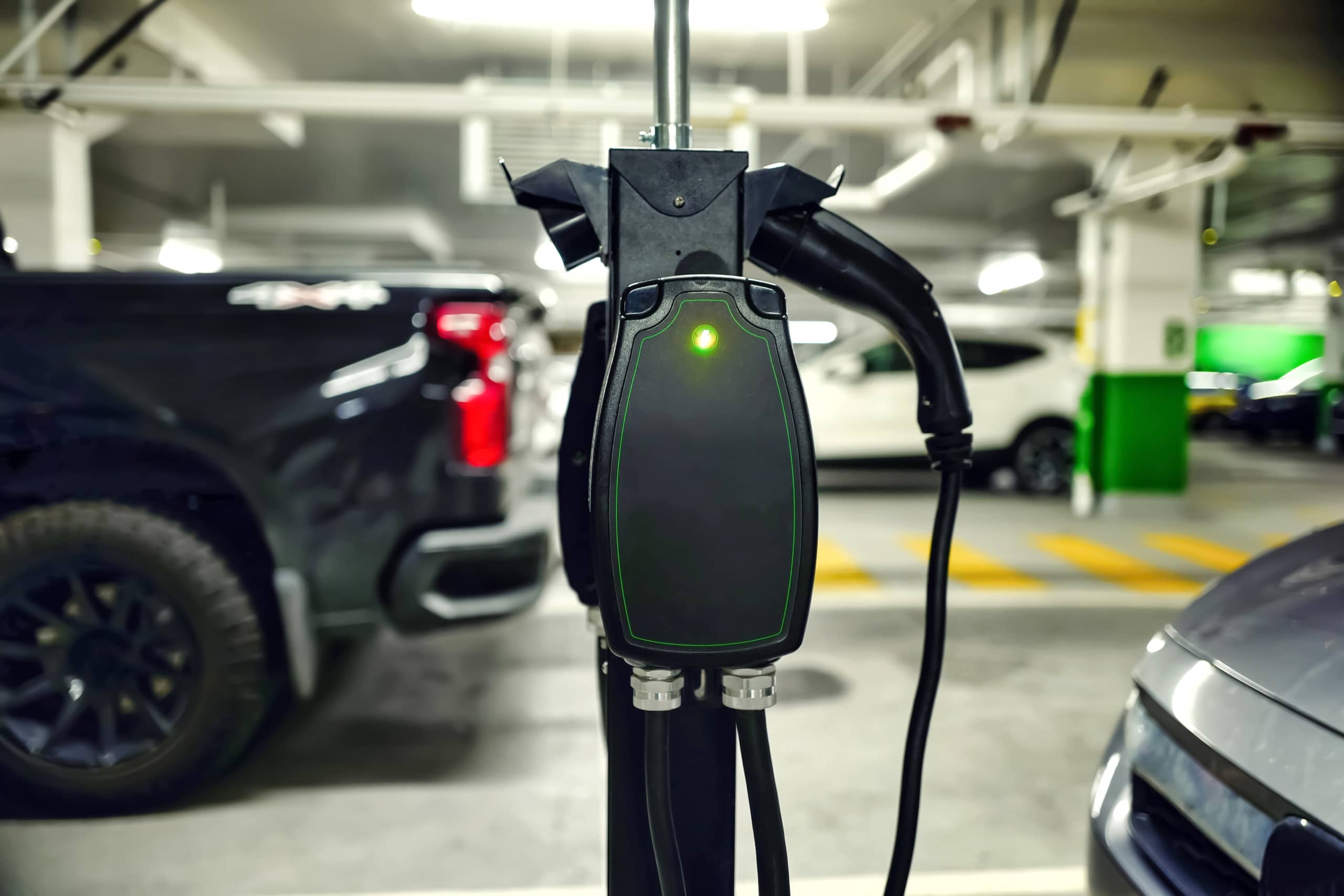How To Find An EV Charger Station Installer
Condo building has owners with electric vehicles and wants to install an EV charger station
Q: I am on the board of directors of a homeowners association (HOA) in Evanston, Illinois. The board is gathering information about installing electrical vehicle (EV) chargers on our HOA property.
The Board is particularly interested in the concept that was described in your article from last year. You said there is an option for an outside company to install and maintain the EV charger. Then, they share revenue with the HOA.
Because our HOA is self-managed, we don’t have the business network to tap into finding such a company to install EV chargers. Can you point us to a resource that provides info on specific companies that do these EV charger installations?
Finding an EV Charger Station Installer
A: We don’t make specific recommendations to our readers but we don’t think it’s too hard to do a search on the internet to find companies that provide an EV charging station to HOAs. But here are a few ways to find an EV charger installer:
- Google “EV companies that license charging stations to condo.” A number of companies will pop up that you can research.
- These companies should be licensed to do business in your state.
- Make sure these EV charging station installers companies have plenty of good reviews. But make sure you pay close attention to the bad reviews. Those will be the most telling.
- You should ask for a list of references to see how things worked out and how much they liked doing business with the company.
- Talk to your friends and relatives that live in larger condominium buildings or rental buildings that have installed EV charging stations. Ask them which companies handle those EV charging stations and how it’s working out
EV Charging Stations won’t work for every building
Now, you might find that an EV charging station may or may not work for your building. Let’s say you live in a 10-unit condominium building. The EV company may not feel it’s worthwhile to install the EV charging station if there won’t be enough volume to justify the cost to put it in. In that case, your building would have to pay for the installation and maintenance. But, you’d keep all the revenue from unit owners that use it.
You have to consider whether your building has to have sufficient electrical power to support an EV charging station. Many older buildings do not.
For those people who don’t have electric vehicles, you have three types of charging methods:
- Level one chargers are where you simply plug your car into your home wall outlet and watch your car charge up. It can take a long time. A standard wall outlet may give a car about three miles for every hour charged. It can take hours to fully charge a vehicle.
- Level two chargers are much faster, but it can still take a few hours to fully charge your vehicle.
- Level three chargers can charge an electric vehicle in under an hour. But the power needs of a level three station are huge and may be too much for a small or even medium-size building. That’s why you usually only see level three charging stations in front of large big box stores or in designated large charging stations.
Level 2 EV charging station may be right for your property
Given this, a level two charging station may be the only option for your building. But you might consider whether your building has sufficient capacity from the electric company to handle an EV charging station in a common area like your parking garage. If not, the installing company may want you to pay for the installation of their station. And, in this case, you might just be better off seeing whether you might want to install your own charging station.
The next question is how to share the cost of the charging station and the usage. Does every owner own an EV? Or, it is just a minority of the owners. Some electric vehicle owners install their own charging stations for their own exclusive use. The wiring would go to that owner’s own electric meter. That owner would bear the cost of the installation and would also pay for any electric consumption on their electric bill.
You may want to investigate these different options to see if any of them work for your building. Key considerations are how the parking area is configured, the location of the electric meters and the main electric panel for the building.
Once you do a bit more research, you may find an electrician with recommendations for a solution that meets your needs.
Sign up for Ilyce’s FREE Newsletter: Love, Money + Real Estate
©2024 by Ilyce Glink and Samuel J. Tamkin. A1632







Leave A Comment